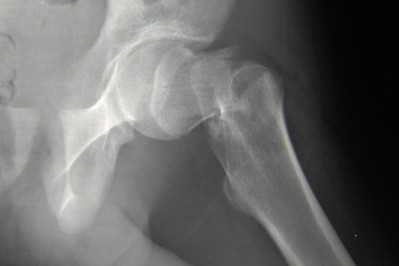New vitamin D trials have 'little chance' of showing health benefits, warns analysis

The study, published in The Lancet Diabetes & Endocrinology, examined the existing evidence from 40 randomised controlled trials - concluding that vitamin D supplementation does not prevent heart attack, stroke, cancer, or bone fractures in the general population by more than 15%.
Led by Dr Mark Bolland from the University of Auckland, New Zealand, the team behind the new analysis added that as a result vitamin D supplements probably provide little, if any, health benefit - and that future randomised trials with similar designs are 'unlikely' to reveal conclusions any different to those already published.
"Findings from observational studies have shown vitamin D insufficiency to be associated with a wide variety of disorders such as fractures, ischaemic heart disease, cerebrovascular disease, and cancer," noted Bolland and his team. "Such findings have led to calls for widespread vitamin D supplementation. However, some researchers have suggested that such recommendations should not be made without supportive trial data, and they have therefore called for randomised controlled trials of vitamin D supplementation with non-skeletal endpoints as primary outcomes."
Bolland and his colleagues used this trial data to perform several types of meta-analysis including a 'futility analysis', which predicts the potential of future study results to sway existing evidence - the results of which indicate that the effect of vitamin D, taken with or without calcium, on heart attack, stroke, cancer, and total fracture lies below a 'futility threshold'.
"In view of our findings, there is little justification for prescribing vitamin D supplements to prevent myocardial infarction or ischaemic heart disease, stroke or cerebrovascular disease, cancer, or fractures, or to reduce the risk of death in unselected community-dwelling individuals. Investigators and funding bodies should consider the probable futility of undertaking similar trials of vitamin D to investigate any of these endpoints," said the team.
















